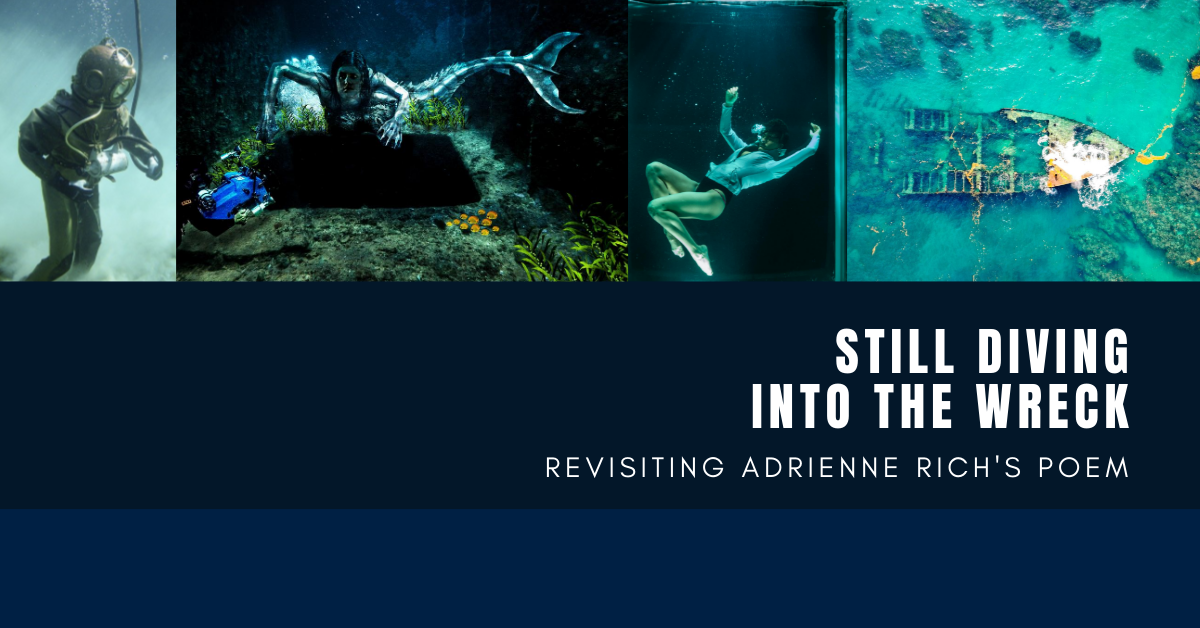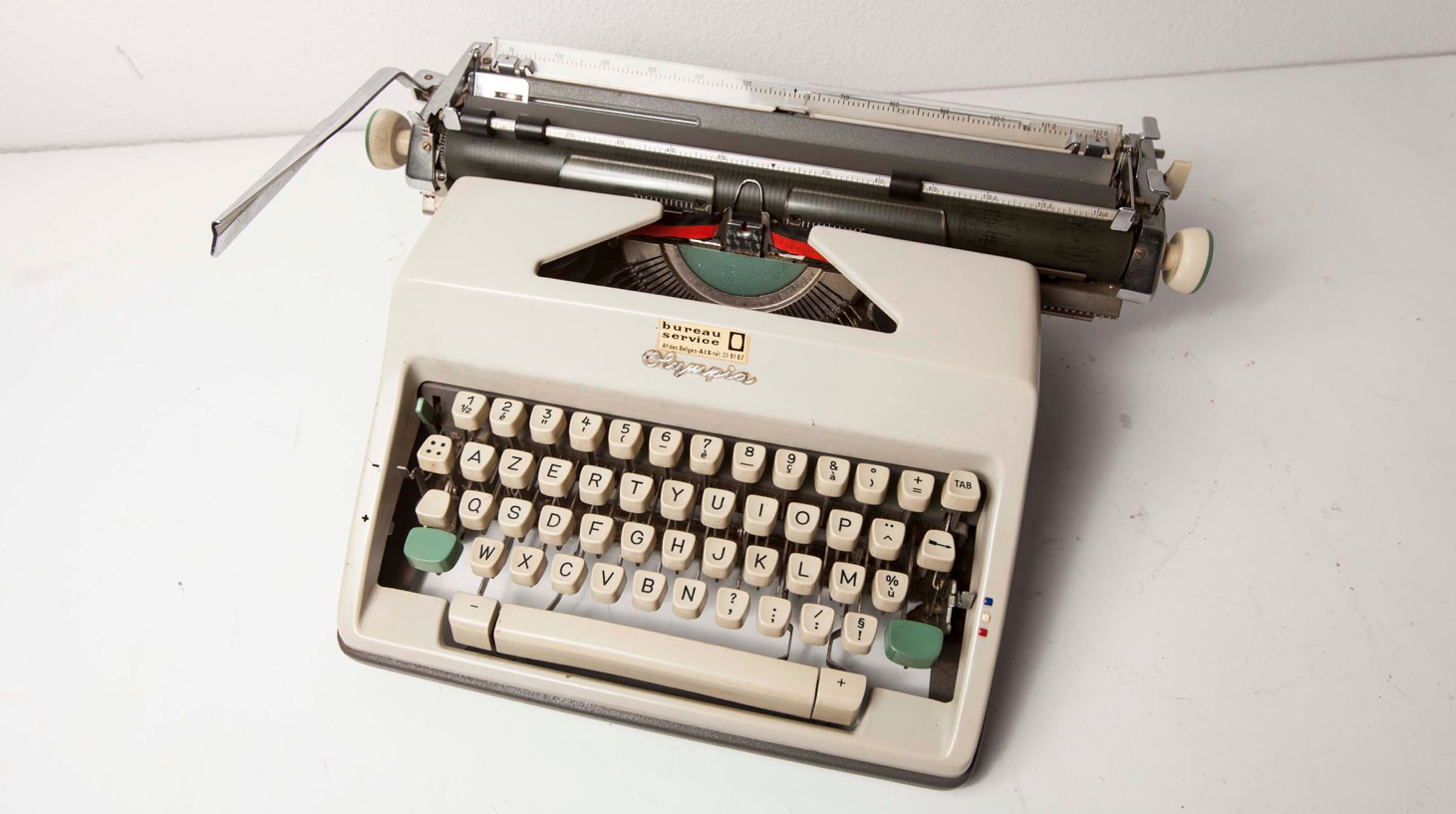Still ‘Diving into the Wreck’
Once in a while, you come across a piece of writing that deeply resonates with what lives inside you, in words you did not have yet. That happened to me, on a sleepless night. I fell in a YouTube rabbit hole and ended up at a recording of Adrienne Rich’ ‘Diving Into the Wreck’, a feminist poem from 1973.



